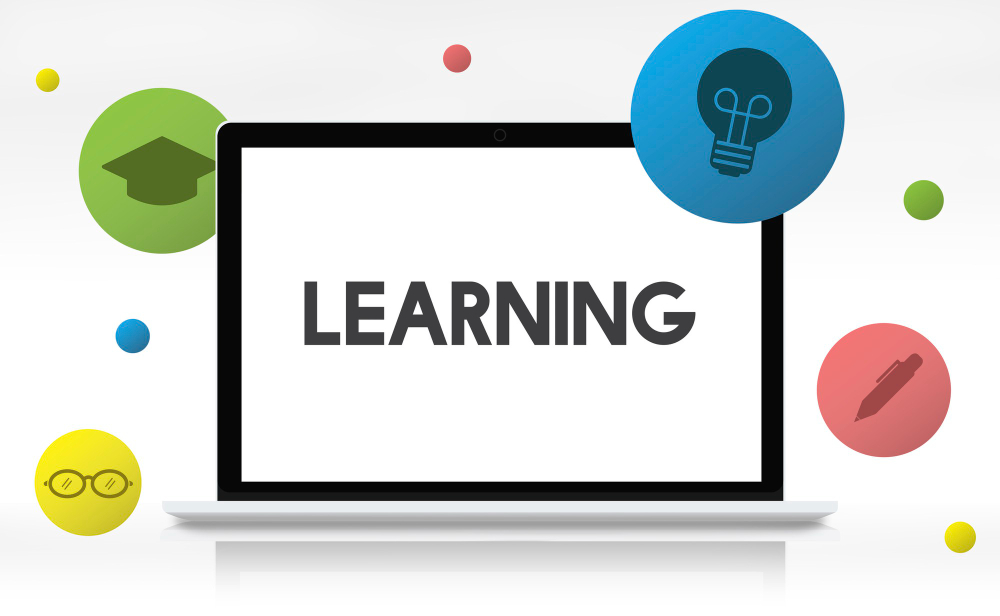Revolutionizing learning through trusted education apps is a phenomenon reshaping the future of eLearning. In today’s fast-paced digital world, education apps have become pivotal, bringing with them a wave of innovation and change. This revolution is driven by technological advancements and the need for personalized learning experiences. Utilizing cutting-edge technologies, these apps cater to modern educational demands, ensuring that both educators and learners are able to make the most out of the digital learning landscape. The impact of these apps extends beyond traditional learning environments, offering solutions that are efficient, interactive, and adaptable to every learner’s needs.
The pivotal role of an experienced education app development company cannot be overstated. The expertise of such a company determines the functionality and quality of the learning platform. Professional developers integrate current technologies, including artificial intelligence, augmented reality, and machine learning, into educational tools. These elements create immersive learning experiences that significantly enhance the educational journey. The developers’ understanding of training methods and academic materials ensures that the apps they create are not only technically sound but also pedagogically effective.
One of the most remarkable benefits of education apps is their ability to deliver personalized learning. These applications utilize sophisticated algorithms to adapt to individual learning styles, pacing, and preferences. Such customization provides learners with a unique educational journey tailored specifically to their needs. In addition, real-time feedback mechanisms help students to address their weaknesses immediately, enhancing the overall learning experience. This personalization ensures that learners remain engaged, motivated, and equipped to tackle new challenges efficiently.
Interactive learning is another key feature offered by modern education apps. Through quizzes, simulations, and interactive videos, learners can engage with content in a dynamic manner. Participation through various interactive elements helps solidify concepts better than traditional learning methods. The integration of gamification techniques further enhances this experience. By turning learning into a game-like environment, students are motivated to achieve high scores and discover more, fostering a competitive yet enjoyable learning environment.
For educators, the transition to using education apps significantly changes their teaching experience. Such tools provide teachers with the ability to track students’ progress effectively. Detailed analytics and reporting features offer insights into each learner’s performance, helping educators tailor their teaching methods to better suit classroom needs. This data-driven approach promotes an environment where educators can continually refine and optimize learning strategies. By integrating these digital tools, educators not only enhance their teaching methods but also expand their reach beyond the confines of the traditional classroom.
Collaboration is also greatly enhanced by education apps, bridging gaps between teachers, students, and educational resources worldwide. Virtual classrooms and discussion forums encourage students to share ideas and learn collaboratively. These platforms transcend geographical boundaries, enabling learners from diverse backgrounds to come together, share insights, and collaborate on projects. This global learning community fosters inclusivity and broadens students’ perspectives. By embracing these technologies, education becomes a collaborative, interconnected experience, paving the way for future innovations in eLearning.
The future of education is undeniably digital, with trusted education apps leading the charge. As technology continues to evolve, so will the capabilities of these apps, bringing about even more advancements in the eLearning sector. Continuous updates and innovations ensure that learning remains a dynamic and forward-thinking field. As more institutions adopt these technologies, education will become more accessible, interactive, and effective for all. Embracing these strides in technology will ensure that future generations of learners are prepared to thrive in our increasingly digital world.
